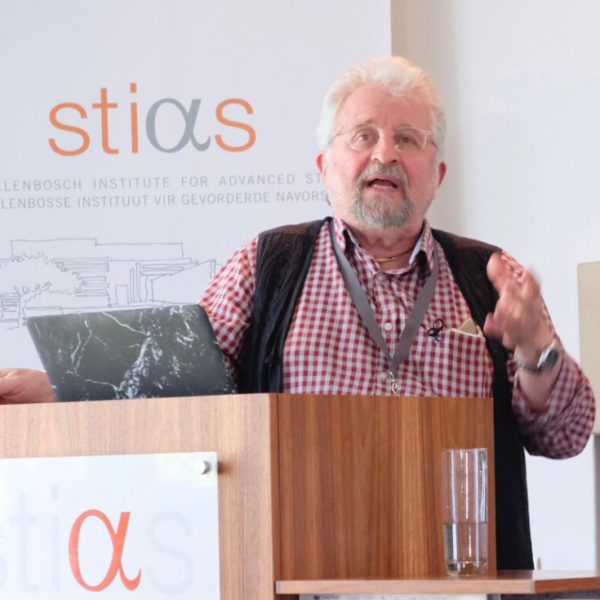Beginning from the understanding that it is imperative today to develop new concepts for the thinking of an emancipatory politics on the African continent (Fanon), this book develops and expands into new empirical domains the arguments first enunciated in my treatise on political theory Thinking Freedom in Africa: toward a theory of emancipatory politics which was awarded the Frantz Fanon Prize in 2017. It proposes to focus on dialectical thought as the core subjective feature of all emancipatory political experiments on the African continent in particular. It traces dialectical thinking to its origins in Ancient Egypt and notes its opposition to the idea of representation in state politics during various historical sequences right up to the present. Starting from the fundamental conception that all people are capable of thought beyond interests and identities, and that an idea of universal humanity is central to popular thought during experiences of collective emancipatory struggle, the argument traces and analyses a number of emancipatory historical political sequences and their attendant contemporary narratives. Currently it is proposed to include The Tale of the Eloquent Peasant (4000 BCE), The Donsolu Kalikan (in the Manden/Mali, 1222), The Antonian Movement (in Kongo, 1684-1706) and its continuation in the Lemba Movement, the Haitian Revolution (undertaken by slaves born in Africa), some thinkers of the National Liberation Struggles of the 1960s, and the mass popular struggles in South Africa during the 1980s. The core of the political dialectic in each case differs and creates, during a limited sequence, what can be called a subjective political singularity that always combines a thought of its particular social location with one of universal humanity during what is an exceptional process. It is further argued that whereas the political dialectic is not a given feature of African cultures as such, the latency of universalistic conceptions of humanity within many African cultures means that rather than being invented, conceptions of the human universal have the potential to be (re-)activated so to speak. Coming to the present period, the book elaborates a theory of neo-colonial state politics through unpacking the core idea of representation. Differing modes of state rule are identified and the formation of distinct domains of politics elucidated. These amount to three types: civil society, uncivil society and traditional society. Using the case of South Africa, contradictions and struggles within each of these domains are described and the potential to draw on latent cultural conceptions of universality (when in existence) is discussed. In this manner both the dialectic of emancipation and the character of state power are thought conjointly and dialectical thinking is opposed to the idea of representation in politics as well as in social science. The concepts and categories used are explained in a simple manner understandable by all.
Menu
Related news
Related news
Share this project:
Share on whatsapp
WhatsApp
Share on email
Email
Share on facebook
Facebook
Share on twitter
Twitter
Share on linkedin
LinkedIn
Is any information on this page incorrect or outdated? Please notify Ms. Nel-Mari Loock at [email protected].


